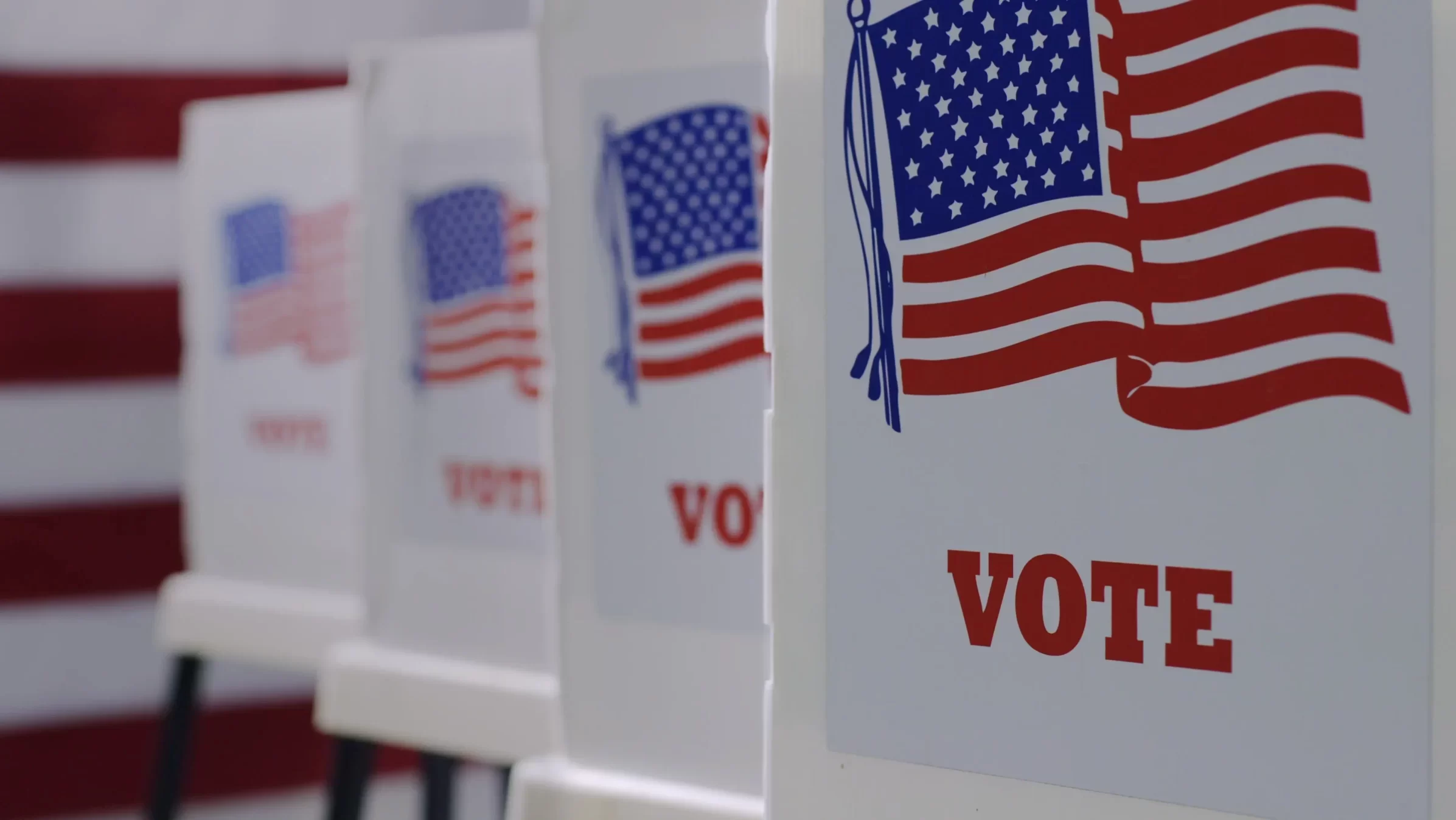Alabama lawmakers are trying to get ahead of a trending option for voters to select public officials through a preferential ballot.
Gov. Kay Ivey on Friday signed Senate Bill 186 by Sen. Arthur Orr, R-Decatur, which prohibits ranked-choice voting from being used in Alabama all the way down to the local level.
Instead of being able to vote for a single candidate, ranked-choice voting offers voters a choice of candidates to rank in order of preference. Candidates who receive 50 percent or more votes win automatically. However, if no candidate garners at least 50 percent of the votes cast, then the lowest scoring candidate is eliminated with their votes assigned to the other candidates. The process continues automatically until a single candidate reaches 50 percent.
This method has been used mostly in other cities, including San Francisco, and a few states have picked up the new method as well. It is also used outside of politics: including, for example, for the selection of Best Picture Oscar by the Academy of Motion Picture Arts and Sciences.
The model tends to swing towards less extreme candidates: if a candidate is hard-line he or she might appeal to many voters, but will also appear low on the ballots of voters who highly disagree. Meanwhile, everyone may agree that a more moderate candidate is a suitable backup, ultimately lifting that candidate to the top.
Ivey said blocking the voting method “ensures the integrity of Alabama elections.”
The bill passed unanimously in the Senate, and passed in the House of Representatives along party lines, with Democrats opposing the bill.






















































